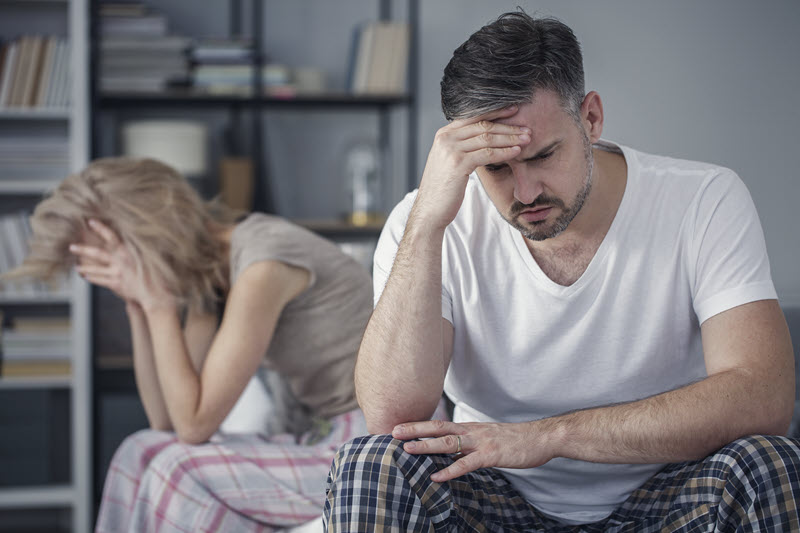Low testosterone, or male hypogonadism, is a disorder in which the testicles don’t produce enough of the male sex hormone. The testicles are the sex organs or gonads of individuals born male, and the Leydig cells are the ones responsible for producing testosterone.
At different ages, low testosterone produces varied symptoms. For an adult male at birth, testosterone levels naturally drop as they age. It covers transgender people who aren’t receiving feminizing hormone therapy, non-binary individuals, male at birth, and cisgender men. Because different studies define low testosterone differently, it’s difficult for researchers to assess this condition’s prevalence.
According to data, roughly 2% of males tend to have low testosterone. However, other studies show that more than 8% of males between 50 and 79 have low testosterone.
Several factors can cause low testosterone, which comes in two types: testicular disorder or primary hypogonadism and pituitary/hypothalamus dysfunction, also called secondary hypogonadism.
The causes of these types of male hypogonadism are also split into acquired or congenital. Acquired male hypogonadism means the condition was developed later in adulthood or childhood. Meanwhile, congenital male hypogonadism indicates that the condition exists at birth.
Low Libido or Sex Drive and Difficulty Maintaining or Achieving an Erection

Another low testosterone symptom has low sex drive or libido. As people age, it is more likely to suffer a drop in their sex drive. However, people with low levels of testosterone will likely have a greater loss.
Moreover, testosterone helps develop and maintain an erection. It triggers brain receptors to release a substance that aids in the initialization of the moments leading up to an erection called nitric oxide.
Aside from that, low testosterone can lead to difficulty getting an erection prior to sexual intercourse or experiencing spontaneous erections, like those that occur while men are asleeping. But, there is conflicting evidence about the effectiveness of testosterone replacement treatment in treating erectile dysfunction. Nearly half of the research examined in a 2016 study that investigated the benefits of testosterone in males with erection problems showed no change.
Other than low testosterone, erectile dysfunction is frequently caused by other medical issues. It includes diabetes, high cholesterol, high blood pressure, smoking and alcohol, and thyroid disorder. Other causes are stress, depression, and anxiety.










